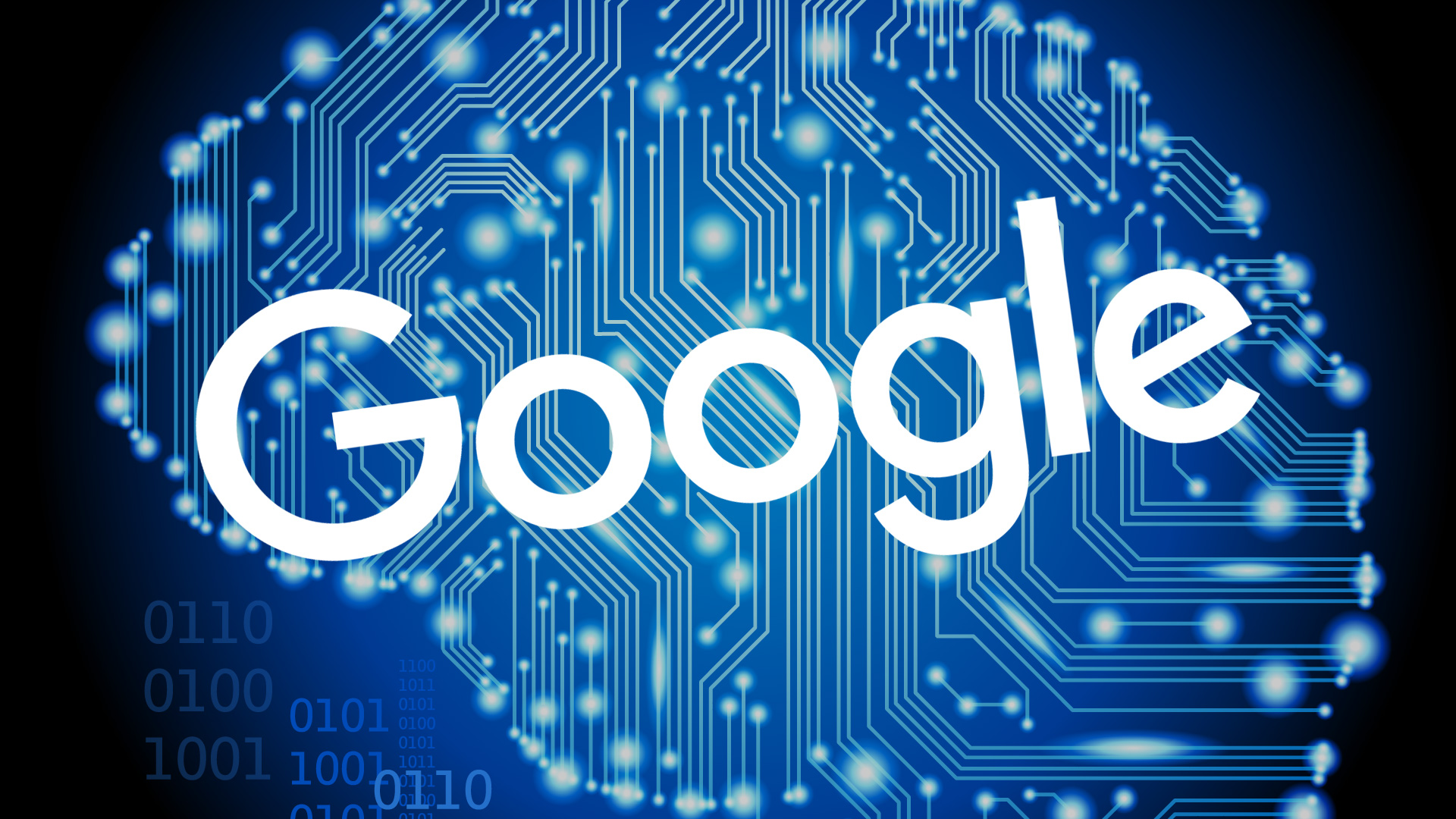This week’s announcements by the tech giant, according to one analyst, highlight that ‘AI is going into everything.’
The growing availability of artificial intelligence-as-a-service took another step forward this week, as Google announced an expansion of its cloud-based machine learning services.
The tech giant is setting up a Cloud Machine Learning group focused on delivering solutions to businesses, there’s a new Machine Learning API to help people find jobs, there are new features in existing machine learning-based APIs (Translation, Vision, and Natural Language), and there will be more choices for setting up dedicated hardware in Google’s cloud computing infrastructure.
Since many marketing software providers tout their own machine learning/AI capabilities these days, we pinged some leading analysts to get their sense of what kind of impact an expanding industrial-level service like Google’s could have on marketing, sales and advertising software.
Pund-IT analyst Charles King noted that others, like IBM’s Watson, are also offering various levels of AI-as-a-service, although all are currently focused on specific functions or industries and not a generalized service. Recently, Microsoft announced their natural language processing capabilities have reached conversational parity with humans, so that bar keeps rising.
Raviv Turner, co-founder and CEO of customer intelligence software provider CaliberMind, suggested that Google and other services should “help to accelerate data-driven marketing.” Although the deluge of data makes the current era feel like all marketing is data-driven, Gartner’s Hype Cycle predicts that true data-driven marketing actually won’t meet its potential for another two to five years.
He added that “all this computer intelligence can help marketing and sales teams make [better] sense” of unstructured data, which constitutes the vast majority of business information — emails, reports, articles, conversations, customer inquiries and so on. Readily available and affordable machine vision, for instance, could mean that automatically unlocking the meaning of online images and video will become commonplace for many tools.
This level of intelligence can make it more practical, Turner said, to employ text analytics and topic modeling so “marketers can personalize content and optimize the buyer journey [or] use image recognition to analyze Instagram feeds and dynamically insert look-alike images that better resonate with our audience.”
Sales teams, he said, will also be able to commonly “use sentiment analysis to adjust the content, writing style and tone of voice to the personality and persona of the buyer to accelerate sales.”
‘Like water on concrete’
This announcement, IDC Research Manager Gerry Murray told me, is just one more piece of evidence that “AI is going into everything.”
“It’s like water on concrete, seeping into every crack and crevice,” he said.
A massive ecosystem like Google’s, Murray pointed out, can take care of the computing and algorithmic infrastructure, so businesses can focus on supplying their business objectives and datasets. Some larger businesses, which employ data scientists, can also add their own custom algorithms.
Google pointed out in a post in September, for instance, that its cloud-based machine learning allows you to “train models on terabytes of data within hours, instead of waiting for days.”
For some time, Murray has forecast that the era of “cognitive marketing” is approaching, when tools will increasingly act autonomously and replace many human interactions. In March, he made a presentation on that subject at our MarTech Conference.
“I thought I was [still] ahead of the game,” he said, but, based on the responses in the audience, he felt that he was now “just about weeks ahead.”
It’s not only going to make marketing tools smarter, he said, but it’s also going to change “what is means to be a consumer.”
The ready availability of new capabilities in natural language, vision and other AI services, he said, will boost the capability of intelligent agents to act as our brokers. Instead of my searching via Google’s web page for red sneakers, for instance, the Google Assistant or other agents will do it for me, according to my specs.
Which means that marketers and advertisers will increasingly find that their target audience is not consumers looking for red sneakers, but intelligent agents searching on their behalf.
Marketing Land – Internet Marketing News, Strategies & Tips
(30)

